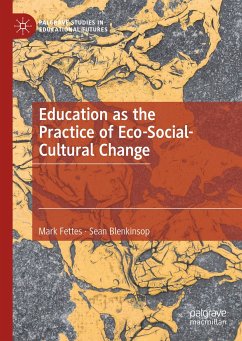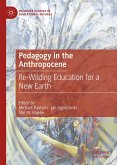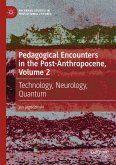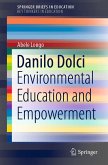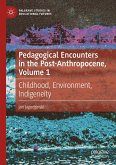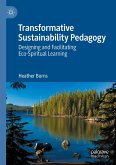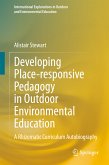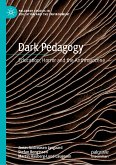The current ecological crisis is the consequence of entrenched attitudes, discourses and behaviours in human societies worldwide, fostered and reinforced through modern educational traditions, processes and institutions. This book envisions a radical transformation of education to focus on the mutual flourishing of human societies with the rest of life on Earth. In part, the authors suggest approaching this as a problem of systemic design, incorporating principles that challenge and undermine key premises of the Capitalocene-the socio-economic-political landscape sustaining the current educational regime. Tracing the implications of this transition, they review core assumptions of modern Western culture that need to shift, and identify a wide range of relevant capacities and practices grouped under four complementary educator "stances" for eco-social-cultural change.
Dieser Download kann aus rechtlichen Gründen nur mit Rechnungsadresse in A, B, BG, CY, CZ, D, DK, EW, E, FIN, F, GR, HR, H, IRL, I, LT, L, LR, M, NL, PL, P, R, S, SLO, SK ausgeliefert werden.

